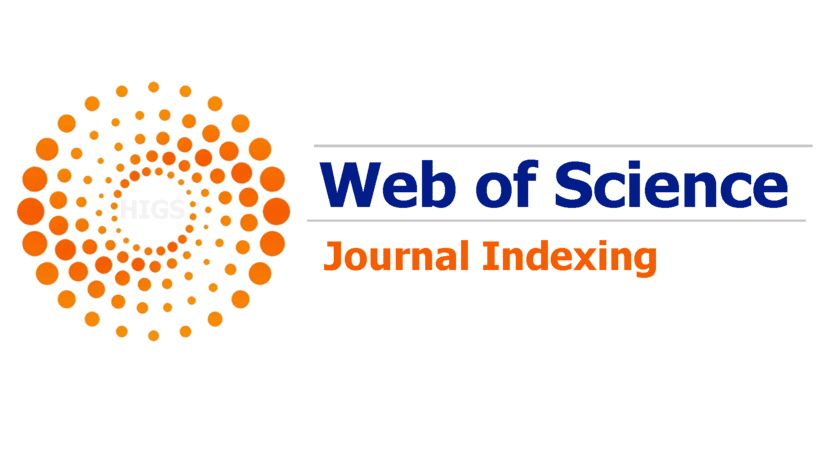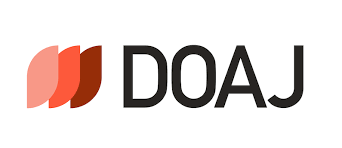About the Journal
MISSION AND SCOPE
The Boletim do Instituto de Pesca- BIP was created in 1971 as the official vehicle for scientific dissemination by the Instituto de Pesca. Its print version (ISSN: 0046-9939) was discontinued in 2011, with only the online version continuing (ISSN: 1678-2305). In 2021, aiming at immediately disseminating articles, BIP adopted the continuous publication model. The articles are made available once approved and gathered in a single annual volume.
The abbreviated title of the journal is Bol. Inst. Pesca, which should be used in bibliographies, footnotes, references and bibliographic legends.
BIP's mission is to publish basic and applied research results that contribute to a better understanding of the aquatic environment and the development of technologies for producing and processing aquatic organisms, such as fish and shrimp, among others. With an emphasis on interdisciplinary contributions, innovative methodological or technical developments, items with broad general applicability and local or regional experiences, BIP proposes to be a source of inspiration, seeking the expansion of knowledge.
Its scope in agricultural sciences includes the area of fishery resources and fisheries engineering with an emphasis on aquaculture, fishery, limnology and related specialties, areas in which it is considered the first scientific journal, presenting a historical view of the development of research in fisheries and aquaculture in Brazil and abroad. The areas of fish science and technology also fall within its scope, specialties such as the development of fish-based products and the use of by-products from fish processing, quality control, nutritional value and food safety of fish, in addition to technologies for sustainability in fishing, with a focus on ghost fishing, innovations to reduce bycatch, and fishery stocks. In aquaculture area, topics relevant to the sustainability of aquatic organisms production: integrated aquaculture systems, feeding and nutrition, health, genetic, legislation and economics.
The journal's editorial committee comprises researchers from various teaching and research institutions, all with a doctor's degree.









